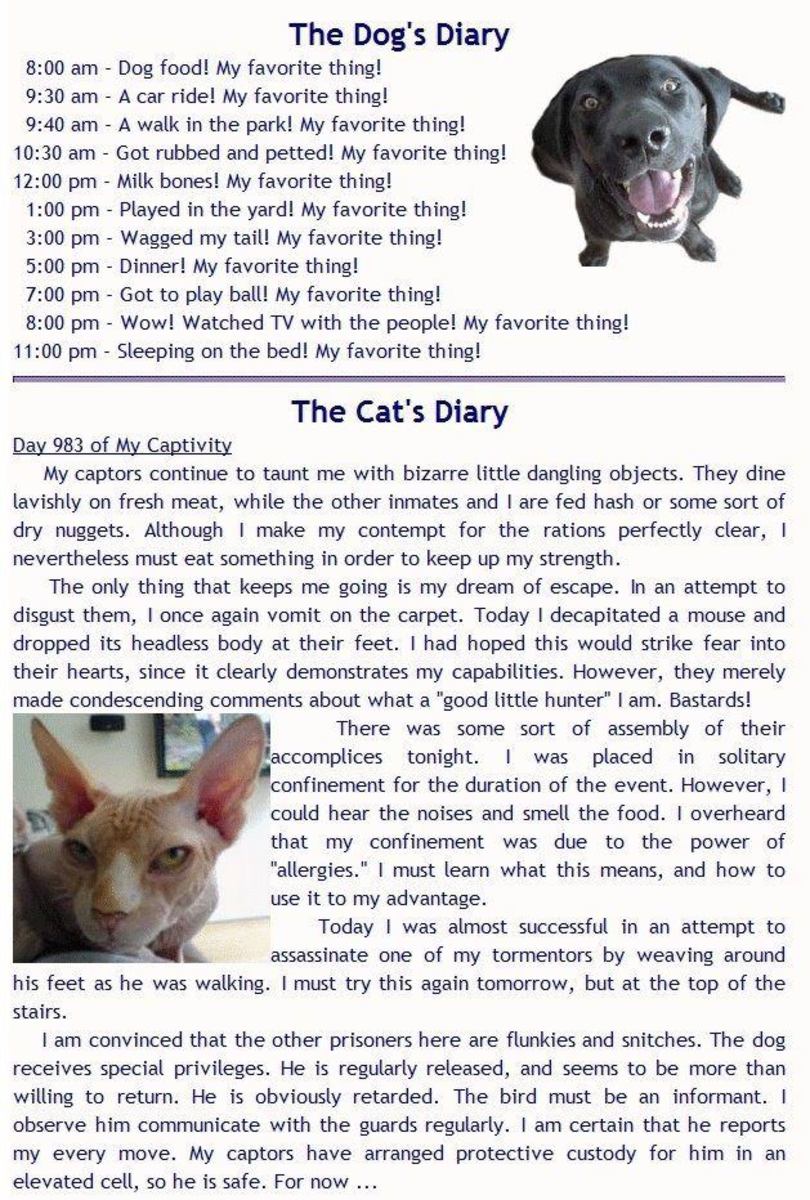"A Simple Smirk," ironic American Sonnet from human nature, discussed in two Tuesday Workshops for Writers and Teachers
Tuesday Workshops for Writers and Teachers
Workshop A (July 2011): Human Behavior Provides Inexhaustible Raw Material for Ironic Writing
A1. One quiet spring morning in 1972 a twenty-something reporter for the local newspaper came in my front door at Maximilian's Bookshop in Gardner, Massachusetts, complaining that she could not find a subject interesting enough to write about; did I have any ideas?
A2. After chatting a while, we went out on the sidewalk facing Gardner's town square in a large open intersection of five streets. We could see people here and there, coming in and out of stores, some shopping, some going to work, some cleaning sidewalks in front of their stores, all in the center of a town of some 20,000 souls dating back to pre-colonial times and named for the Col. Thomas Gardner mortally wounded at the Battle of Bunker Hill in June 1775.
A3. Yet a bright young newspaper reporter with a journalism degree still could not, 200 years later, find a single thing in this town interesting enough, provocative enough, ironic enough, to write a story about?!
A4. It occurred to me to suggest to her that every one of those people, and every business, and every event or activity occurring in that town during that day, that week, that month, might provide enough material for a compelling, original front-page story in the Gardner News, requiring only a highly literate reporter to become curious enough about any one of those wonderful human subjects to look enough beneath the surface to dig up a new story, and then write it for a small-town community addicted to hearing ironic new things about itself.
A5. The same principle, I think, applies to any writer who yearns to write sharper poetry, more provocative stories, or more convincing essays, but wonders how to find a proper subject worth writing about in such terms.
A6. To the rescue we have human behavior and human nature, always readily accessible for observation and ironic analysis, coupled with the wonderful, universal, natural powers of unique observation and expression that every conscious person in the world enjoys, without exception.
A7. Human nature provides every would-be writer with an immense reservoir containing a thousand, no a million, subjects for interesting, ironic writing. The list is endless, in fact, limited only by any one writer's capacity to notice and perceive what is out there, to observe and inquire into it with curiosity and/or passion, and to try, at least, to understand the story in the subject.
A8. On Friday, July 15, 2011, I wrote the little poem "A Simple Smirk is Not a Useless Quirk" to dramatize one pervasive, ironic aspect of human nature, the seldom admitted desire to somehow evaluate ourselves as better than others, by pointing to one easily overlooked way we use certain words as tiny signals to this otherwise unacknowledged desire for superiosity [sic].
A9. Why unacknowledged? Because other people don't like to see this trait in us, especially when they feel they must hide the same desire they feel relative to us! None of us in this present workshop discussion, of course, would ever behave or think like that, right?!
A10. The idea of the smirk-as-irony first emerged in June-July 2011 when I noticed a young writer-friend (northweststarr) using the word smirk rather often in comments to several articles in the Internet platform HubPages, and it occurred to me that her gleeful over-use of a pejorative word like smirk unwittingly revealed a not-so-nice part of her private self for public display.
[I thank thee still today, dear friend and poet . . . Northwest Star,
however, and wherever, and whatever . . . you now are!
(added with enduring affection, August 10, rev. Sept. 18, 2013)]
A11. With words like smirk, quirk, work, and jerk roiling my brain, a poem quickly began to emerge with the iambic sentence, "Her smirk is not a quirk if it's the essence of her work."
A12. Each new line dissected this one person's folly, but that seemed gradually more and more unfair, because so many other people obviously share that same attitude whenever they encounter someone or something they deem patently criticizable.
A13. So my second draft generalized the words her smirk and her work to read, "Some people's smirk is not a quirk if it's the essence of their work."
A14. Toward the end of the writing process, however, while reading the poem out-loud to my wife (always read your writing out-loud to someone!), it sounded to me more like some wise guy up on his presumed Mount Olympus wagging his finger moralistically at all those chumps down below.
A15. To universalize the idea, therefore, I was forced to change the few words necessary to admit myself as one of the culprits sharing in the offense, which suddenly gave the poem a surprising new ironic sense of humor, and thus even more compassion for this widespread, if not fully universal human weakness, if indeed, a weakness is what it is.
A16. Noticing one person's foible, in short, had led me straight back to human nature in general, and then straight back to myself as the one small brush-stroke that I am in the larger, kaleidoscopic portrait of humanity.
A17. I hope you enjoy the poem half as much as I enjoyed writing it, editing it for publication, and discussing it here with you. Please let me know what you think. Better yet, do some writing of your own the next time you encounter one of the ironies of human nature.
A18. Clue: Only a partial truth embedded in "irony," folks. Ease up!
A Simple Smirk Is Not a Useless Quirk
For me, a simple smirk
is not a useless quirk,
but constitutes, in point of fact,
the essence of my daily work.
That "other guy" will always work
as my next non-perceiving jerk!
Should not superiority assume
continuing persistence of this perk?
Why leave the job to rash, incompetent guesswork?
Intense annoyance need not in such darkness lurk
when nearly everyone deserves my sidelong irk --
a cheerful duty I, for one, must never, ever shirk!
First draft, Friday, July 15, 2011
Workshop B (July 2013): Why Revise a Poem You Like?
B1. Preparing for a new edition of my booklet American Sonnets and Other Poems in a Workshop Setting (Villa Park, IL, 2012), I felt a strong desire to revise this poem so it would conform more closely to the insights the poetry itself had given me.
B2. This epiphany led me on July 15, 2013 to recast the entire work into what I call "an experimental American sonnet."
B3. A final revision or two resulted, more or less, from the comments of my kind and generous reader Amy of Chicago (Huey19).
B4. As elsewhere, I leave the original version as is, because some private readers like it better than the new revision which I give here now.
B5. You be the judge which one you like best and please let me know.
A Simple Smirk
An Experimental American Sonnet
It seems to me, a simple nasty smirk
should not be labelled as a vain and useless quirk,
but constitutes for many people everywhere
a necessary essence of their daily work.
That "other guy" can always serve us well to be
the hopeless, foolish, stumbling, undiscerning jerk!
Superiority with justice can assume
this kind of indispensable and timeless perk!
Why leave such vital functions to a rash,
incompetent, and uninformed guesswork?
Intense annoyance and resentment need
not in such disconcerting darkness lurk!
So nearly everyone sees people every day
deserving fully of a scathing, sidelong irk --
a cheerful duty they most fervently would pray
that they, for goodness sake, might never, ever shirk.
Revised to August 10, 2013.
_________________________________________________
Copyright (c) 2013 by The Max Havlick School, Villa Park, IL 60181-1938, all rights reserved. We currently feature studies in English and American language and literature for serious adults who want to continue learning the skills of a productive, creative life, the key to which, in our culture at least, is the English language.
Currently we seek one or two special individuals who might like our help starting a chapter of our school in their local area. Please contact Max or Fay if you have strong language skills and feel called to a new educational service or ministry to adults.
We value each person's life as a priceless work of art.








